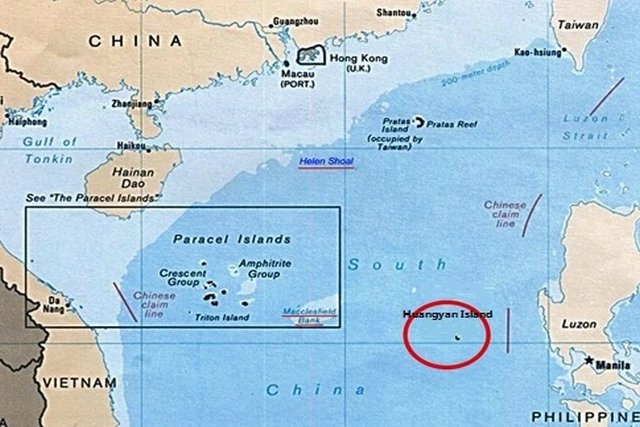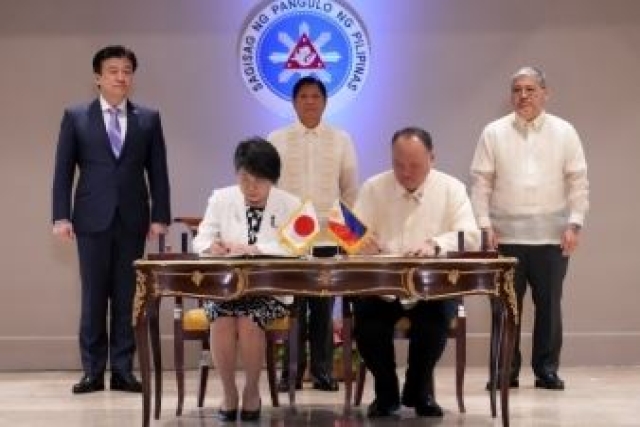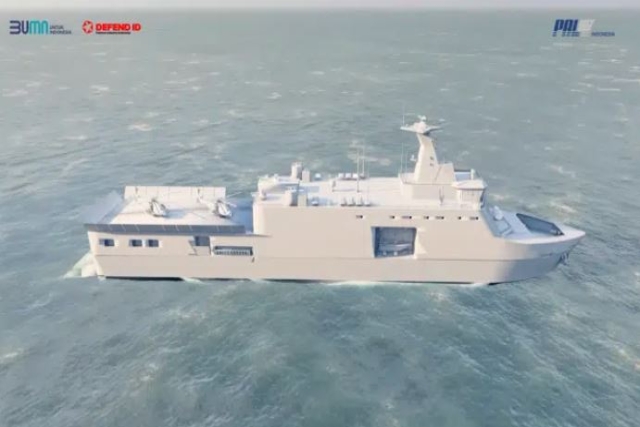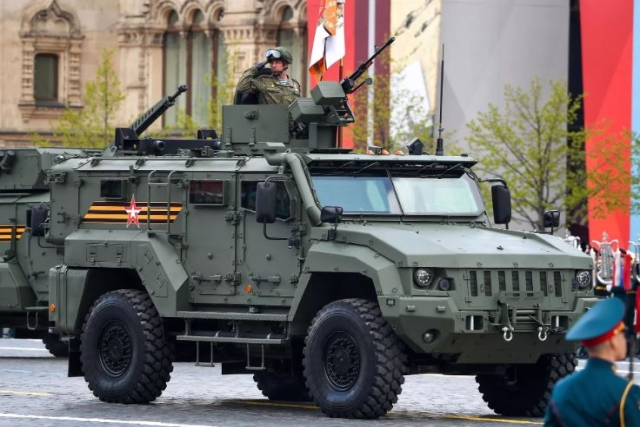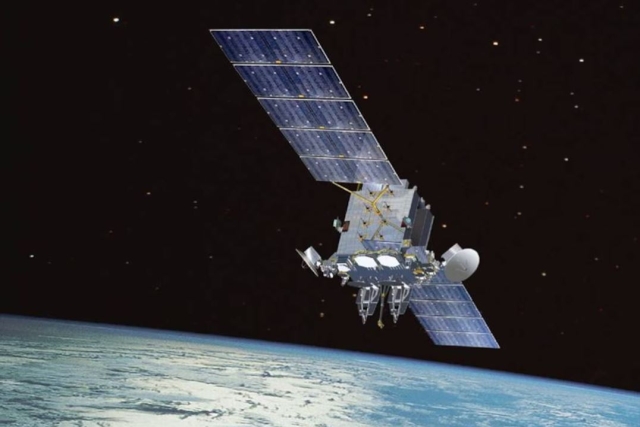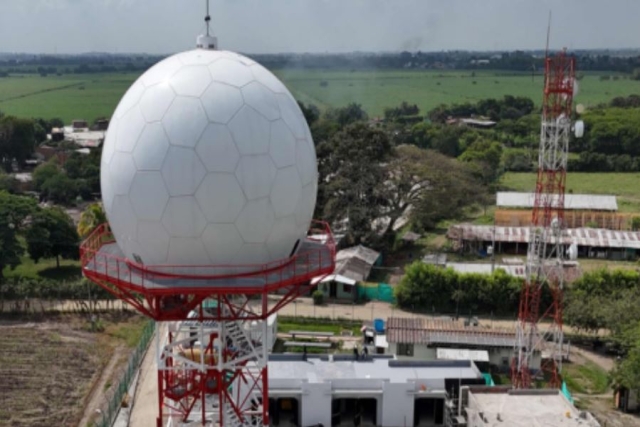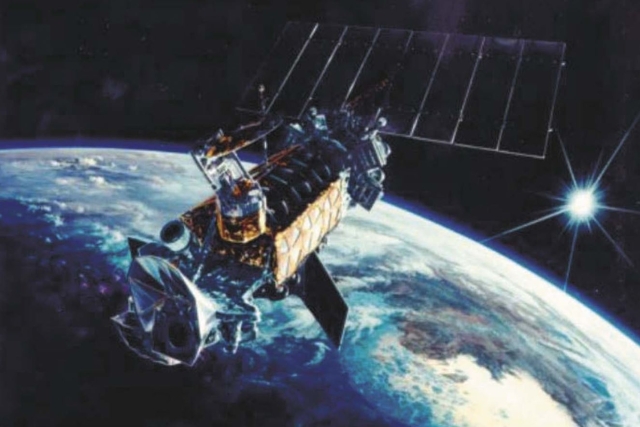Philippine Navy to Receive Additional T-12 Unmanned Surveillance Systems from U.S.
Expanded Security Assistance Includes $500 Million in Military Funding
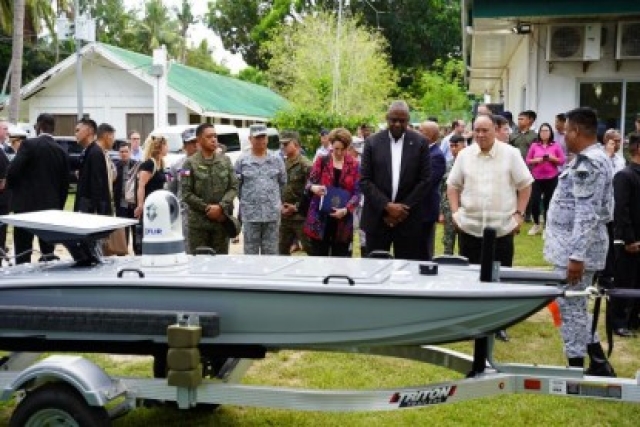
The United States is set to deliver additional unmanned surveillance platforms to the Philippines under its $500 million Foreign Military Financing (FMF) program, U.S. Defense Secretary Lloyd J. Austin III confirmed during a visit to the country.
Speaking at the Western Command headquarters in Puerto Princesa, Palawan, Austin highlighted the recent deployment of a T-12 unmanned surface vessel (USV) to the Philippine Navy, emphasizing its role in enhancing maritime security. "The T-12 is one of several unmanned systems funded and delivered this year through U.S. security assistance. With the $500 million FMF, we expect to see many more platforms like this to support the Philippines in defending its exclusive economic zone (EEZ)," he said.
The T-12, also known as the "Mantas T-12," is a 3.6-meter unmanned surface vessel designed for littoral environments. It can carry a maximum payload of 64 kg and features an all-electric powertrain with advanced payload management systems. The system is deployable from shore, ships, or boats with supporting launch and recovery equipment.
This USV integrates sensors, including electro-optical cameras, sonars, light detection and ranging (LiDAR), and acoustic modems, enabling it to perform diverse missions. According to Austin, its operations rely heavily on cyber capabilities, showcasing the intersection of technology and maritime defense.
Austin reiterated the U.S.'s commitment to the 1951 Mutual Defense Treaty, ensuring the defense of the Philippines against any armed attacks in the South China Sea. "Our commitment is ironclad. It extends to the protection of armed forces, aircraft, and public vessels, including coast guards," he stated.
When asked about the priorities for the FMF, Austin noted that Philippine Defense Secretary Gilberto Teodoro Jr. has identified key needs, including enhancing domain awareness and cyber capabilities. "Cybersecurity plays a critical role, and we are committed to helping the Philippines protect its sovereign territory and interests," Austin added.
Austin's two-day visit to the Philippines also included signing the General Security of Military Information Agreement (GSOMIA) with Teodoro. This agreement aims to boost information sharing and interoperability between the two allies. Additionally, the defense chiefs inaugurated a new Combined Coordination Center to enhance joint planning for exercises, operations, and humanitarian missions in the Indo-Pacific.
On Tuesday, Austin and Teodoro visited the Antonio Bautista Airbase in Palawan, one of nine Enhanced Defense Cooperation Agreement (EDCA) sites in the Philippines. These sites are critical to strengthening the defense alliance and addressing regional challenges.
